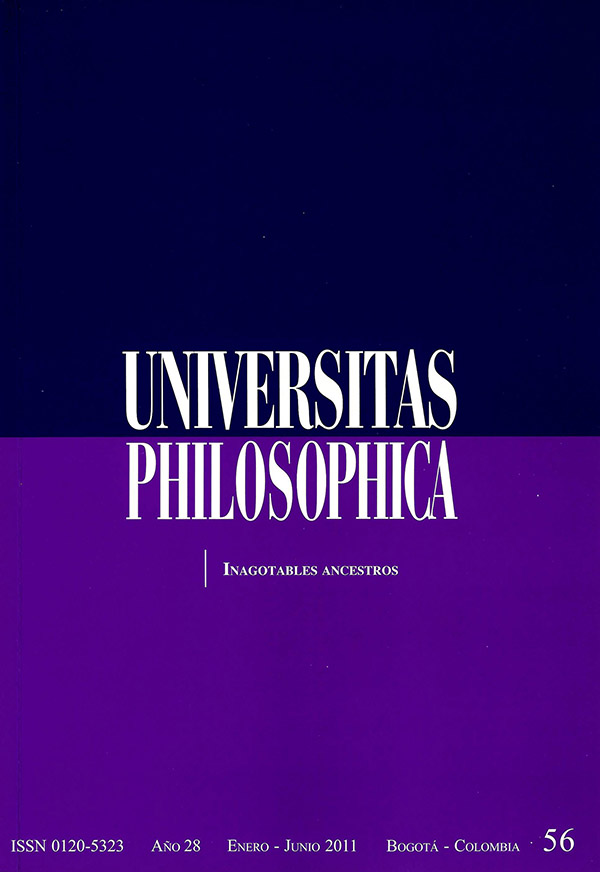Pursuing an Irretrievable Duns Scoto: one Hundred Years of Philosophical Historiography
##plugins.themes.bootstrap3.article.details##
This article offers a critical balance of the tendencies of the philosophical historiography on John Duns Scotus in the Twentieth century, from its first period defined by the fight between the schools (Thomists versus Scotists) on the light of the enciclical Aeterni Patris, to the most recent academic research working on the critical edition of Scotus' works from 1950 onwards, by the Comissio Scotistica. From the first period to the recent one, one passes from an interpretation made by contrast with Saint Thomas works and authority (with E. Gilson as one of his best representatives), to an autonomous interpretation based specially on the scope of Scotus' metaphysics as the foundation of the structure of modern metaphysics (as the first onto-theology of the history of philosophy, following Heidegger’s concept), on the articulation of metaphysics and charity, and the general articulation of philosophy and theology.
Duns Escoto, historiografía escotista, metafísica, Gilson, HeideggerDuns Scotus, scotist historiography, metaphysics, Gilson, Heidegger


